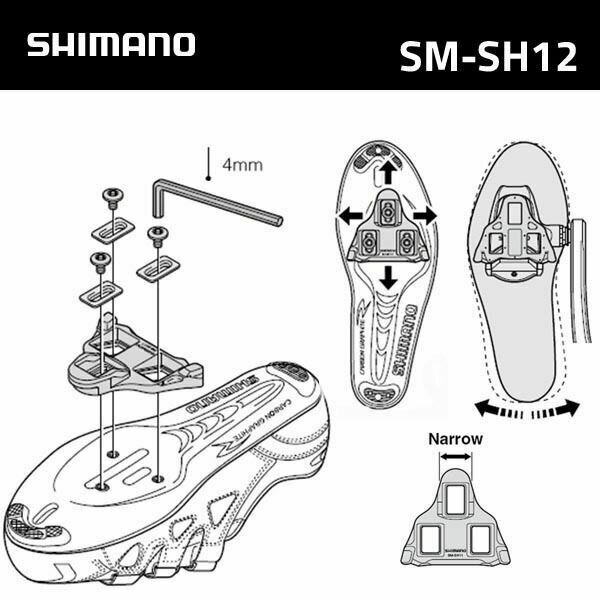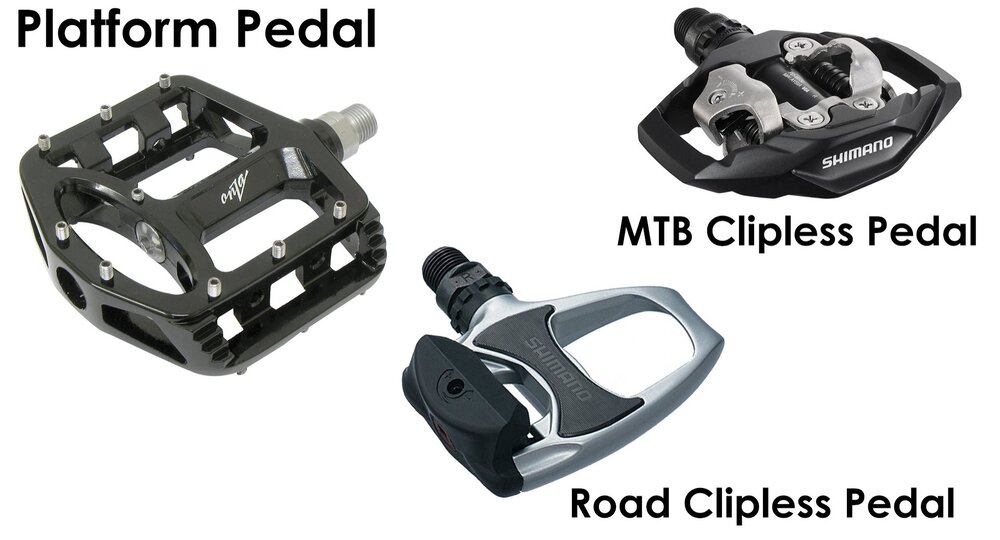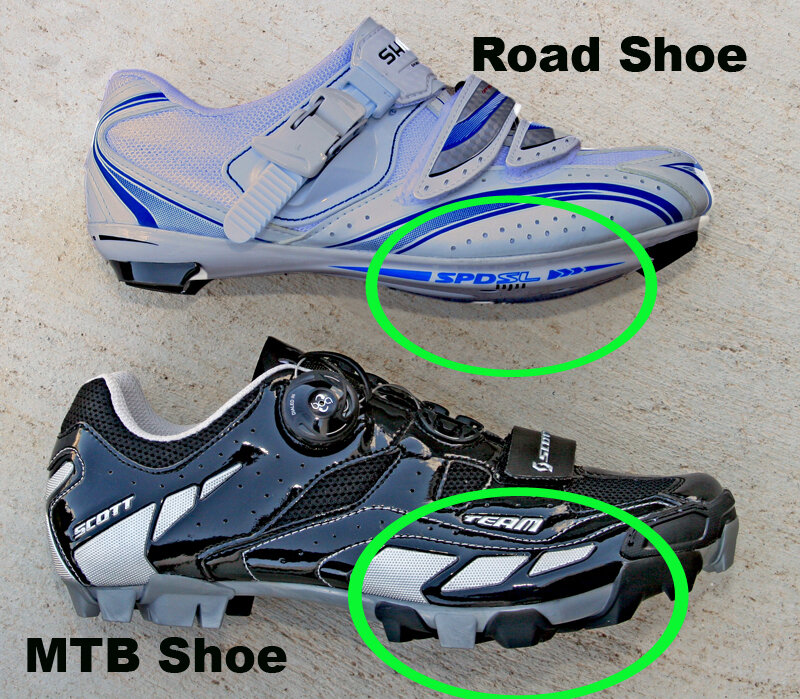There are many variables to look at when shopping for running shoes, such as brand, price, breathability, stability, flexibility, comfort, durability, performance and weight. The latter is often overlooked, yet it’s an important part of your training toolkit and racing strategy.
Every runner has his or her own individual priorities and preferences, but weight is a variable that you can use to your advantage. It can drastically improve speed, pace and race times. Here’s why:
Take an average person who is 5 feet and 7 inches tall and averages an 8:00/mile pace. Over the course of one mile, that individual will take 1,315 steps. For each ounce of extra shoe weight that translates to 82 lbs of additional weight lifted over the course of a mile. A marathon? The average person takes 55,000 steps. That’s a lot of extra impact on your joints and a surefire way to accumulate muscle fatigue! Think about how much you can save by dropping your shoe weight by 1, 2, 3, 4 or more ounces.
Researchers at the University of Colorado Boulder partnered with Nike and conducted a study to see how the weight of running shoes affects speed. They recruited a group of sub-20 minute 5K runners for the study and led them through a series of tests on the university’s indoor track. They had the runners perform three different 3,000m time trial runs in three different pairs of shoes. A normal pair, and two additional pairs that were identical except weighted down by 100 grams and 300 grams, respectively, of lead pellets inside the shoe tongues. The results of the study showed that the runners ran 1% slower for each 100 grams (3.5 oz) of lead added to the shoes.
Imagine the difference that makes over the course of a marathon. For example, a 3 hour and 30 minute marathoner could shave 2 minutes off their time with shoes that are 3.5 oz lighter.
However, it’s not that simple. Reducing shoe weight can be counterproductive because it may cause you to expend more energy, as your body must absorb the shock. Essentially, if the shoe is too light, it forces your muscles to compensate for support, so proper cushioning reduces the overall energy cost of running.
The trick is to use shoe weight to your advantage. You can do this by training in a heavy shoe and racing in a light shoe. The benefit is two fold. The extra weight during training will strengthen your leg muscles and the switch to a light shoe will provide a mental boost on race day.
For example, use the Adidas Ultraboost 20 Running shoes, which weigh approximately 11 oz for training purposes, while using the Reebok Floatride Run Fast shoes, which weigh only 6.9 oz for racing!
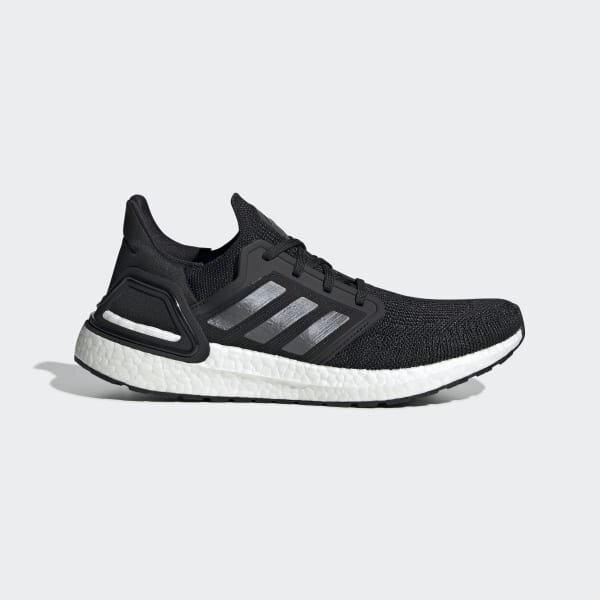
Adidas Ultraboost 20 (11 ounces)
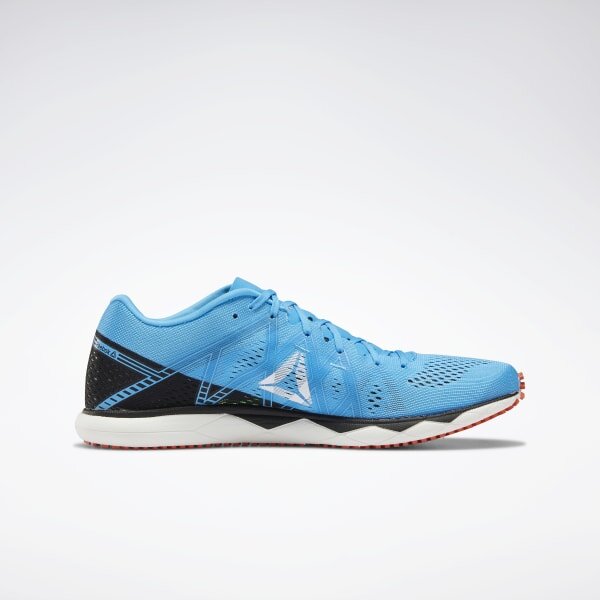
Reebok Floatride Run Fast (6.9 ounces)
